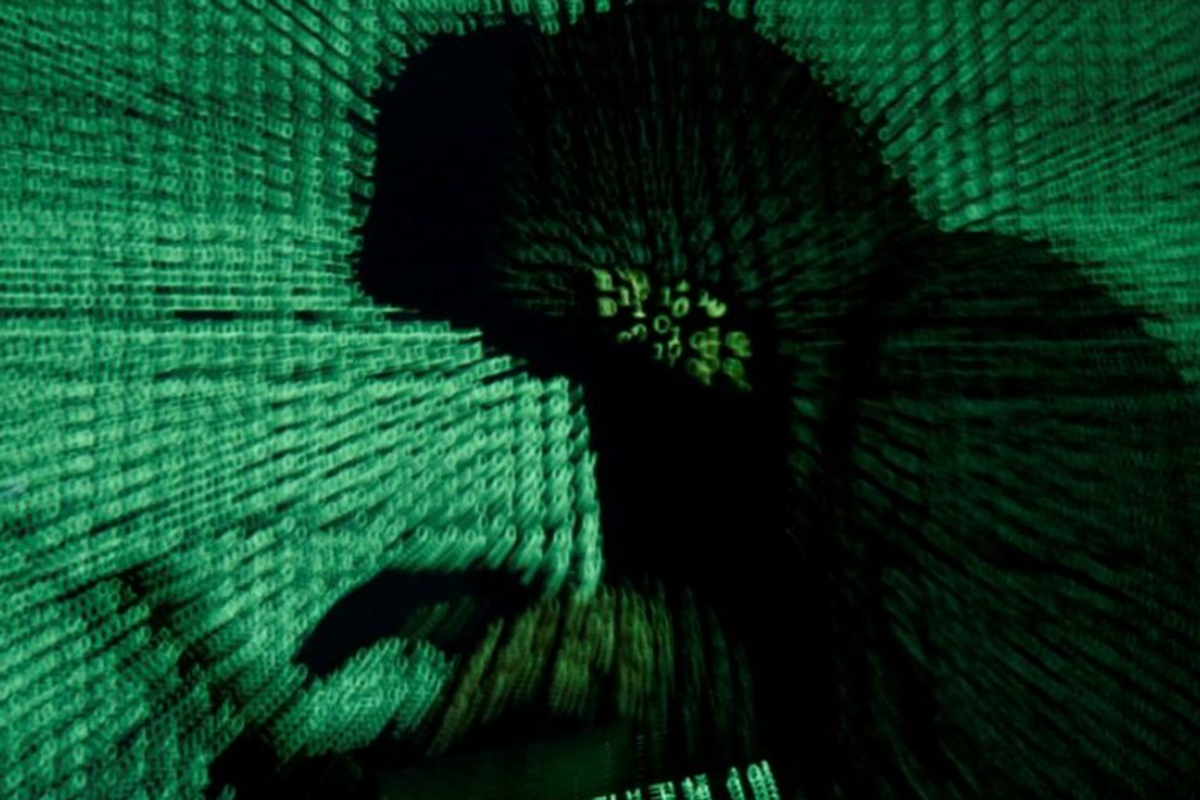Cyberattacks breach Pakistan’s Foreign Ministry, key state institutions
Primary goal of attacks was to gain access to sensitive federal records, email platforms, reveals document seen by Nukta

Javed Hussain
Correspondent
I have almost 20 years of experience in print, radio, and TV media. I started my career with "Daily Jang" after which I got the opportunity to work in FM 103, Radio Pakistan, News One, Ab Tak News, Dawn News TV, Dunya News, 92 News and regional channels Rohi TV, Apna Channel and Sach TV where I worked and gained experience in different areas of all three mediums. My journey from reporting to news anchor in these organisations was excellent. Now, I am working as a correspondent with Nukta in Islamabad, where I get the opportunity of in-depth journalism and storytelling while I am now covering parliamentary affairs, politics, and technology.

Several of Pakistan’s most important government institutions have been hit by major cyberattacks in recent years, according to an official document seen by Nukta.
Over the past two years, hackers have targeted the Oil and Gas Development Co. Ltd. (OGDCL), the National Telecommunication Corp. (NTC), the National IT Board and the Foreign Ministry.
The document, prepared by the National Cyber Emergency Response Team — a newly launched government initiative to strengthen cybersecurity — was shared internally with government departments.
It said the primary goal of the attacks was to gain access to sensitive federal records, email platforms, critical websites, e-portals and e-governance systems.
At OGDCL, attackers gained unauthorized access to the data center, deleting 21 virtual servers. It took three days to fully restore the system.
At the NTC, the agency’s Zimbra email platform was hacked, allowing attackers to retain long-term access and impersonate government employees.
At the National IT Board, several high-level accounts belonging to federal ministries were compromised, with the platform later used to spread malware targeting officials in the Prime Minister’s Office and the Foreign Ministry.
At the Foreign Ministry itself, suspicious outbound connections to command-and-control systems were detected, indicating possible infiltration attempts.
Multiple weaknesses enabled intrusions
The report cited multiple weaknesses that enabled the intrusions, including limited resources, lack of a comprehensive cybersecurity policy, poor administrative controls and the absence of risk management protocols.
The revelations come as the government introduced the Cyber Emergency Response Team Rules in 2023 and set up the National Cyber Emergency Response Team in 2024 to bolster the country’s cyber defense. But experts warn Pakistan still lacks a fully integrated cybersecurity architecture.
Speaking to Nukta, IT Minister Shaza Fatima Khawaja acknowledged the incidents and confirmed that several major cyberattacks had been reported in recent years.
She said that due to the sensitivity of the matter, complete details could not be disclosed publicly and would only be shared in closed-door briefings.
She also admitted that the absence of a dedicated team, skilled professionals, effective monitoring and robust security mechanisms had resulted in many incidents going undetected or unreported at the institutional level.
Pointing to government efforts to improve cyber resilience, Shaza Fatima highlighted the National Cybersecurity Policy 2021, which set out a strategy to safeguard Pakistan’s cyberspace.
She added that additional measures, including a rapid response mechanism, were under active consideration to counter future threats more effectively.
She stressed that while the disclosed cases represent some of the major incidents, further details could not be made public at this stage.










Comments
See what people are discussing